Both
and Diego Perez, who writes as , arrived at writing through adversity. Writing became a way of life when each was faced with death, a healing mechanism that became a craft.When they met for the first time in person at our headquarters in San Francisco, they greeted each other with the enthusiasm of old friends reuniting. They fell into conversation with natural intimacy and comfort before we had a chance to press the “record” button and continued talking for another hour past the taping’s end. They were familiar with each other’s writing and eager to share their personal stories with each other, as in an attempt to forge a new friendship. As they spoke, they discovered just how parallel their paths had been, as well as new points of intersection in their philosophies.
Alchemizing pain into creativity is a recurring theme among writers. In his Letters to a Young Poet, Rilke famously wrote, “So don’t be frightened, dear friend, if a sadness confronts you larger than any you have ever known, casting its shadow over all you do. You must think that something is happening within you, and remember that life has not forgotten you; it holds you in its hand and will not let you fall. Why would you want to exclude from your life any uneasiness, any pain, any depression, since you don’t know what work they are accomplishing within you?”
Suleika and Diego have made this alchemy their mission. They have created spaces—her
and his —where people can meet and turn their experiences into art. They foster and grow with their writing communities, and have invited them into their writing practice.When last week
wrote in Notes:Suleika responded in the comments,
In this conversation, Suleika and Diego discuss each of their journeys to the “art-making stage,” how they turn confession into craft and protect their creative spaces while living in community, and their own advice to writers and poets of all backgrounds and ages.
Quotes from the conversation
Suleika on the moment that changed her life
That pursuit of a certain kind of American dream was short-lived for me, because almost exactly a year after graduation, I found out that I had been diagnosed with a really aggressive form of leukemia, and that the odds of long-term survival were not in my favor. And so pretty much overnight, my world imploded. I lost my job. I lost my apartment. I lost my independence, and maybe worst of all my sense of identity. And I found myself back in New York shuttling between my childhood bedroom and the hospital where I ended up spending much of that next year in isolation.
Diego on childhood
Growing up in Boston, my mom cleaned houses. My dad worked at a supermarket, and we were stuck in the classic American poverty trap. And that created such a heightened sense of scarcity, stress, tension. My parents were constantly fighting, trying to figure out how they’re going to pay for rent. And going through that, I tried to play as if I was strong, but I didn’t notice how much that was really impacting me.
Diego on a life-changing moment
I hit this rock-bottom point in the summer of 2011 where I almost lost my life, and I had just done so many drugs that my body just could not keep going. And what I ended up realizing in that moment was that what got me there was lying to myself. And I thought, “Okay, if I’ve been lying to myself, maybe if I tell myself the truth, I can pull myself out of this.”
Diego on starting Yung Pueblo
It was after I did my third silent 10-day meditation course, I felt this stream of creativity just open up. I was like, “Well, let me write about what I’m understanding,” knowing that I can still learn more. And that’s where this whole idea of Yung Pueblo started coming together, and I started sharing on Instagram, and that’s snowballed into what it is today.
Suleika on starting to write
I love to journal so much, because it’s this rare space where you get to write for yourself. It doesn’t matter if you’re a good writer. It doesn’t matter how you use punctuation. You get to show up as your most unedited, unvarnished self.
Diego on healing
I tell people, often healing feels like first and primary, but one of the most consistent outcomes that I’ve seen from healing is a burst of creativity, whether you’re a writer or a musician or if you’re even a dentist or an architect or whatever.
Suleika on creativity
I’ve arrived at a point where I don’t want to have tough skin. I want to have porous skin. I want to feel the things that are happening to me, the terrible things, the beautiful things. I want to be open to it all. And I think for me, creativity was the vehicle to getting to that place. Instead of numbing something painful, creativity was a way of engaging with that pain and, in engaging with it and examining it, perhaps even having the opportunity to alchemize it into something interesting or useful or maybe even beautiful.
Suleika on journaling
We don’t try to create things from a mountaintop of experience or wisdom. We try to stay very low to the ground to examine what’s not working in our lives, to try to find creative antidotes to that and to craft them collectively.
Suleika on writing
I try to pick the form that fits the thing that I need to write, without worrying about if I’ve done it before or if it makes sense. I have to trick my brain into a more improvisational space. And this may sound highly inefficient, because it is, but I write most of my drafts by hand.
Diego on returning to subjects
I do think it’s really valuable to let yourself take time periods where you do write about the same topic again and again [...] Let yourself say the same thing from different lenses, from different perspectives and magic happens sometimes.
Suleika on the hustle question
We both arrived at our creativity first and foremost as a means of survival and as a means of healing. And it sounds like the professional success was almost incidental to that. And I’m curious how if you’ve managed to maintain the healing core of creativity when it also becomes your day job and when, inevitably, it opens up this really sacred practice to the powers of capitalism and everything that comes with it.
Diego’s response
If you find your way to serve, to serve people, then I really believe in some manner the universe will take care of you, whether that’s monetarily or whatnot. So from giving, you will get.
Suleika on advice to herself
If you want to write a good book, write what you don’t want others to know about you. “If you want to write a great book, write what you don’t want to know about yourself.”
Diego on isolation
And I’ve seen it not work out for people, where, because they don’t create times of isolation for themselves to really rejuvenate and listen to themselves, they burn out.
Suleika on responding to life events
I want to be very careful to make clear that I don’t think a life-threatening event necessarily leads to insight or necessarily leads to revelation. That shit is hard. It brings you down to your knees. But I do think that in response to an inciting event, we have an opportunity in terms of how we choose to respond to it.
Suleika on leukemia returning
Instead of living in that heartbreak and in that disappointment and allowing myself to become embittered, I decided and made a very conscious choice—and it’s not just something I did once, it’s something I have to choose every single day—to see this clearing that’s happened in my life and to pay attention to what new things are emerging within that clearing.
Suleika on painting
It also meant allowing myself to re-enter “beginner’s mind” in the form of painting. I didn’t want to feel pressure to be good, to make something into something usable or profitable or whatever. I just wanted to be able to play.
Diego on Instagram
What I find happening, particularly on Instagram, is that there’s a lot of mimicking, where it’s just people, they’re just saying the same thing. But that’s not what makes a writer or an author. And it’s fine to have those views too, to share something like that occasionally.
Diego on life events and social media
I can’t even imagine how many people you’re helping, because that’s something that we often don’t get clearly from the internet and social media. It’s the tough aspects of life that are happening all the time, and also often what we do get is the more dramatized, extreme forms of things that are happening, whether that’s good or bad, but not the nitty-gritty everyday.
Diego on wisdom
I try to let people know some of the most evolved, powerful, wise people that I’ve met have not had a dramatic beginning. And I think that’s something that is important to realize, because we don’t want to make our journey match up with somebody that we admire or we think it has to be this way.
Suleika on the self
Nobody else has grown up with your life and your ancestral lineage and your experiences, while also holding equally close the fact that we are not remarkable.
Suleika on death
Confronting my mortality in the last year is something maybe that I’ve had to do in a more acute way, especially at the age of 34, but it’s something we all are going to have to do. Death always feels like a plot twist, and yet it is the one thing that is an absolute certainty. And as disconcerting as that is, it turns out it’s not such a bad way to live either, to hold that knowledge close to your heart.
Read the full transcript here.
Show notes
Subscribe to The Isolation Journals by Suleika Jaouad and Elevate with Yung Pueblo by Diego Perez on Substack
Find Suleika on Twitter and Instagram, and Diego on Twitter and Instagram
Suleika’s book, Between Two Kingdoms, and her interview with On Substack
Diego’s poetry and prose books: Inward, Clarity & Connection, The Way Forward, and Lighter
[04:31] Suleika on starting journaling
[06:09] Diego’s background
[08:29] Creativity as healing
[10:50] Suleika on starting The Isolation Journals
[13:51] Diego on writing with readers
[16:16] The universe will take care of you
[18:29] Suleika on finding painting
[21:15] Suleika on responding to hard moments
[25:43] Confronting mortality
[29:13] The writing process
[32:08] Art vs. social media
[37:00] Writing on Substack, and what’s next
The Active Voice is a podcast hosted by Hamish McKenzie, featuring weekly conversations with writers about how the internet is affecting the way they live and write. It is produced by Hamish McKenzie, with audio engineering by Seven Morris and content production by Hannah Ray. All artwork is by Joro Chen, and music is by Phelps & Munro.

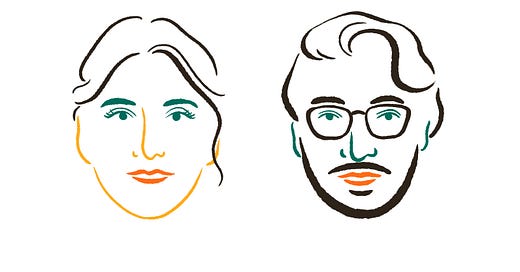
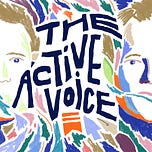




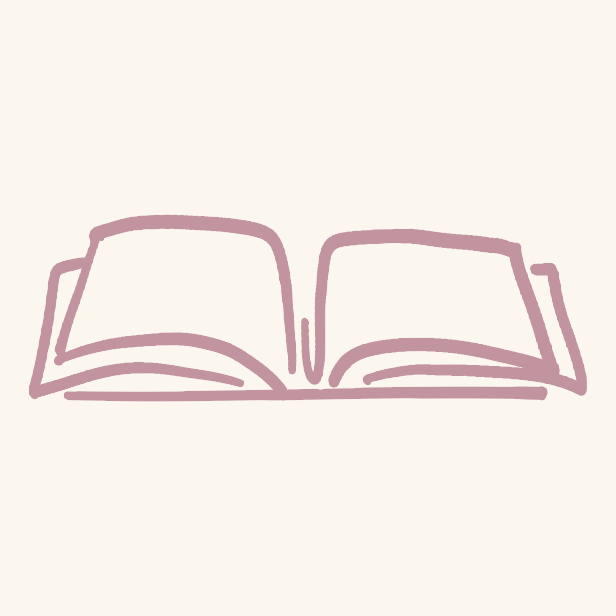
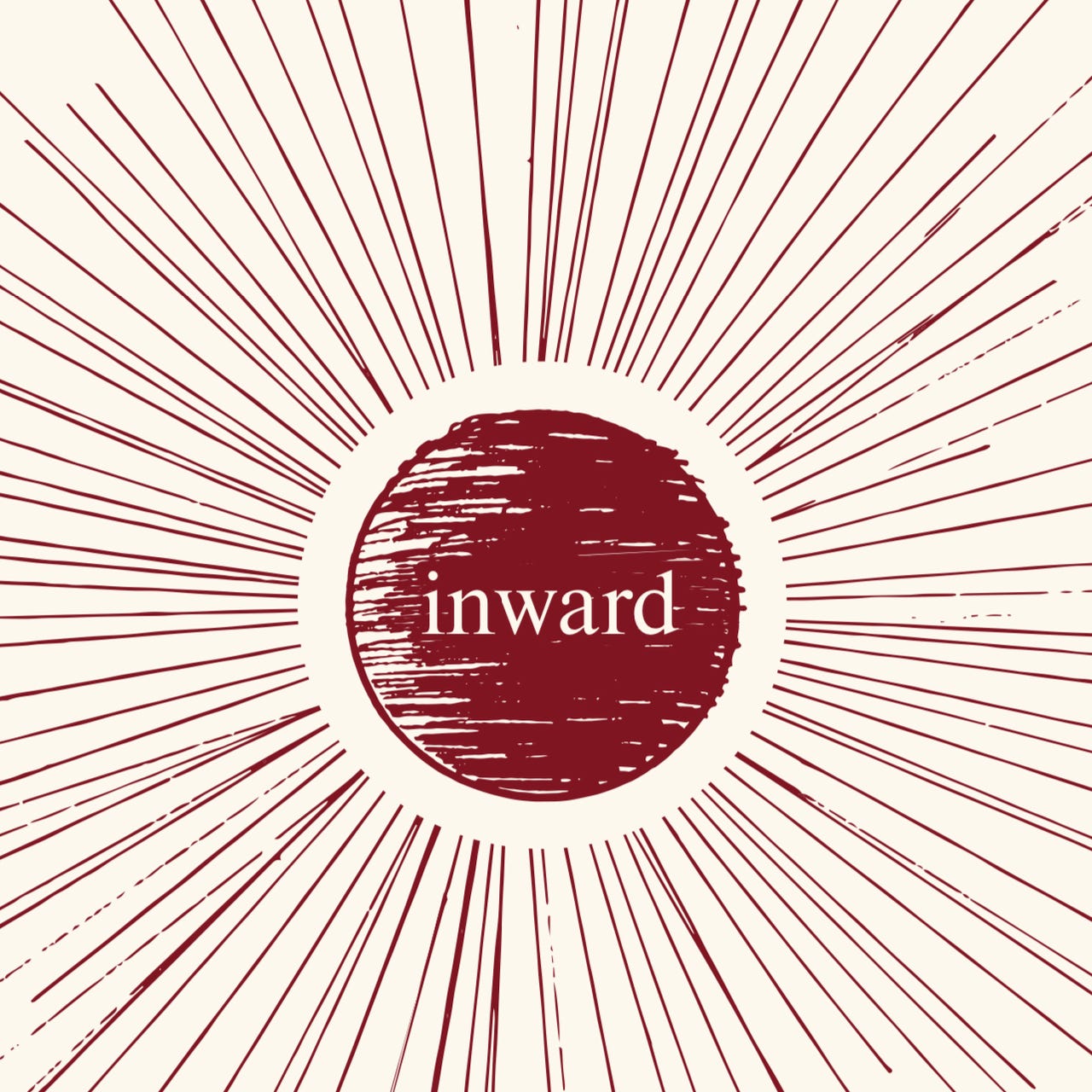


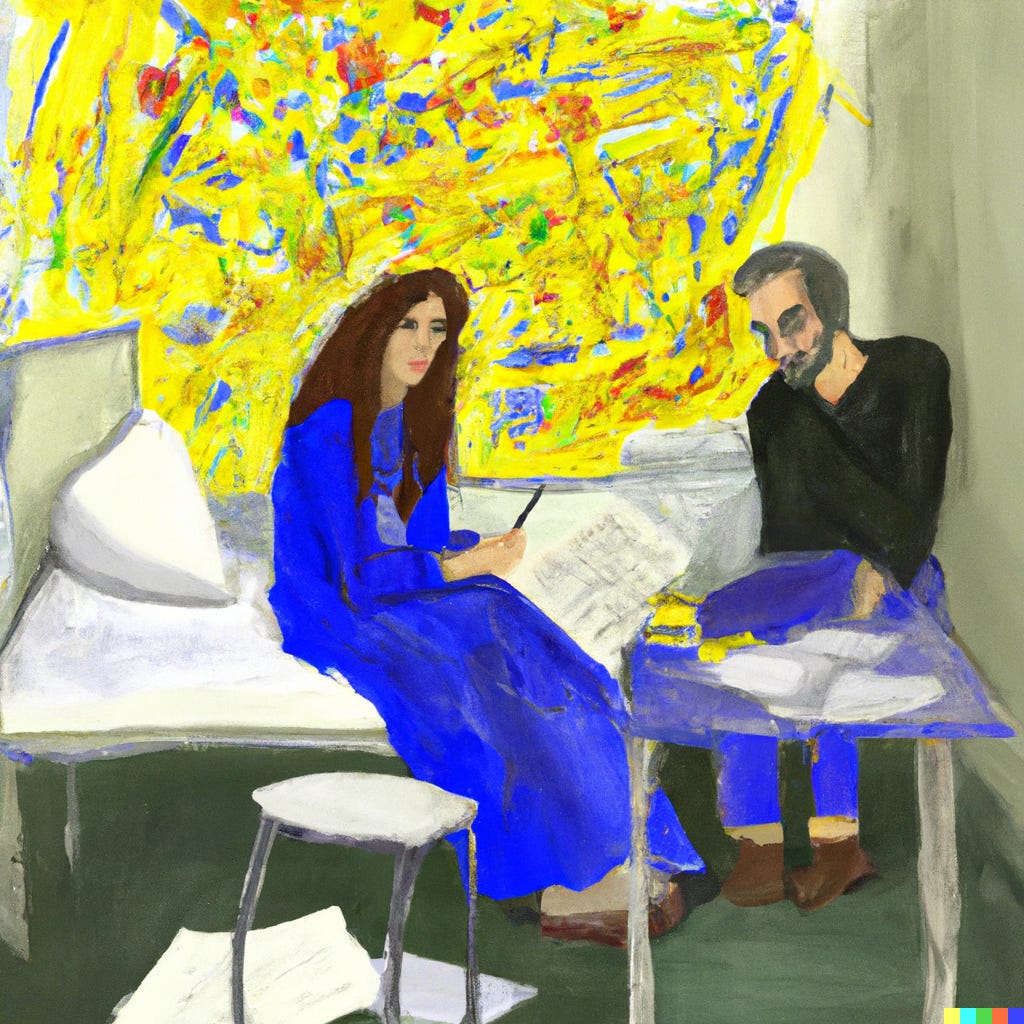





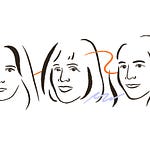



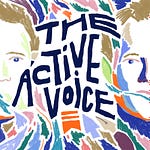
Share this post